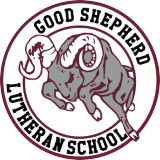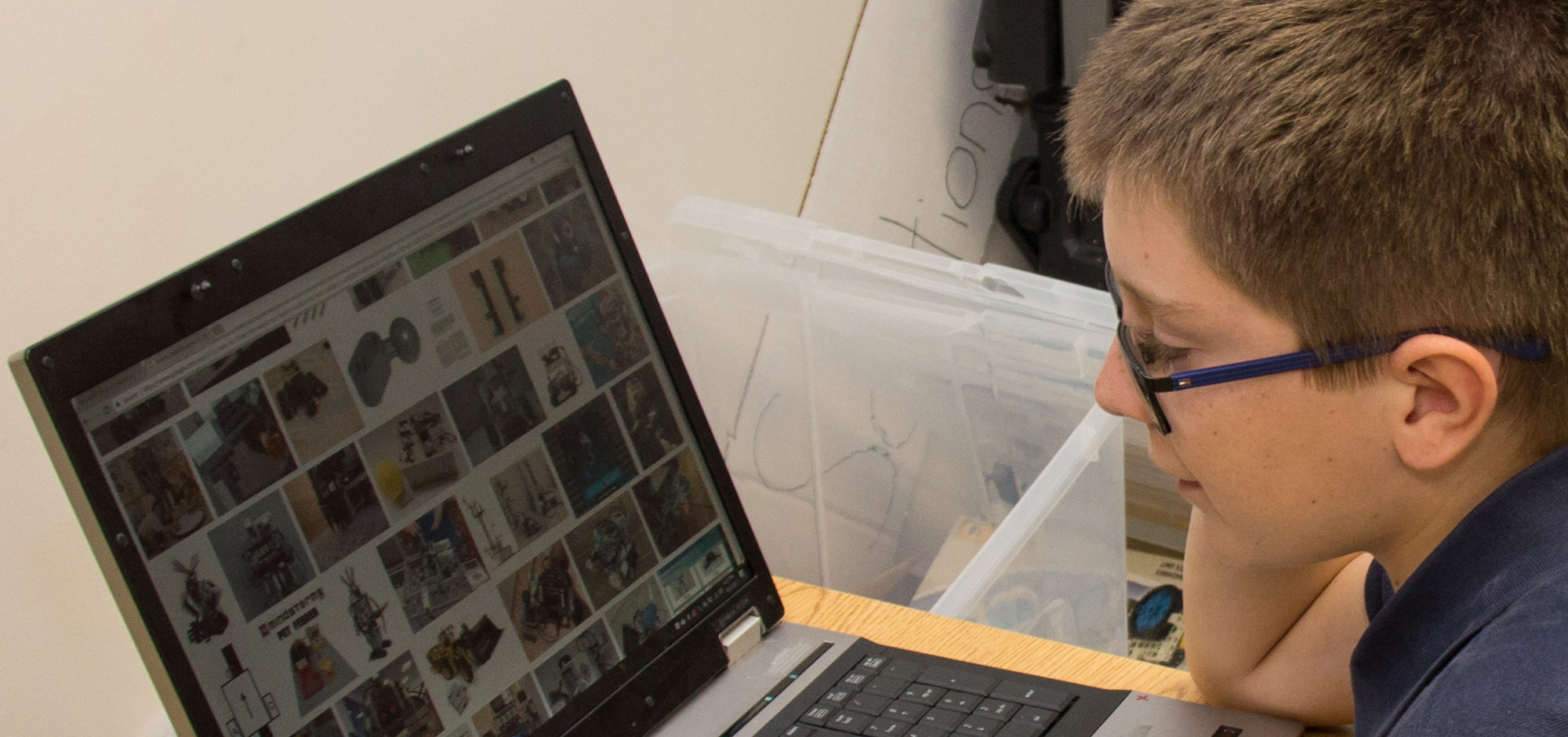The spiritual nurture of the Christian faith from the Lutheran perspective is highly valued. Activities include daily classroom devotions and Bible readings, prayers, a weekly school-wide worship service, and the encouragement to attend weekend worship and Sunday School classes.
God and Godly ideas permeate the curriculum just as God and godly ideas permeate the life of the Christian.
The curriculum is under constant evaluation with upgrading as is appropriate.
To meet the aims and purposes of the school, each child attending Good Shepherd Lutheran School receives a thorough and integrated course of religious teaching and applications. The learning environment gives the children opportunities for personal achievement and personal growth.
Textbooks, subject matter experiences, and instructional activities vary from grade level to grade level. We use textbooks from a variety of companies including Concordia Publishing House, Abeka, Zaner Bloser, Super Kids, Big Ideas, TCI, Prentice Hall, Wordly-WiseShirley English, Macmillan /Glencoe-McGraw Hill

